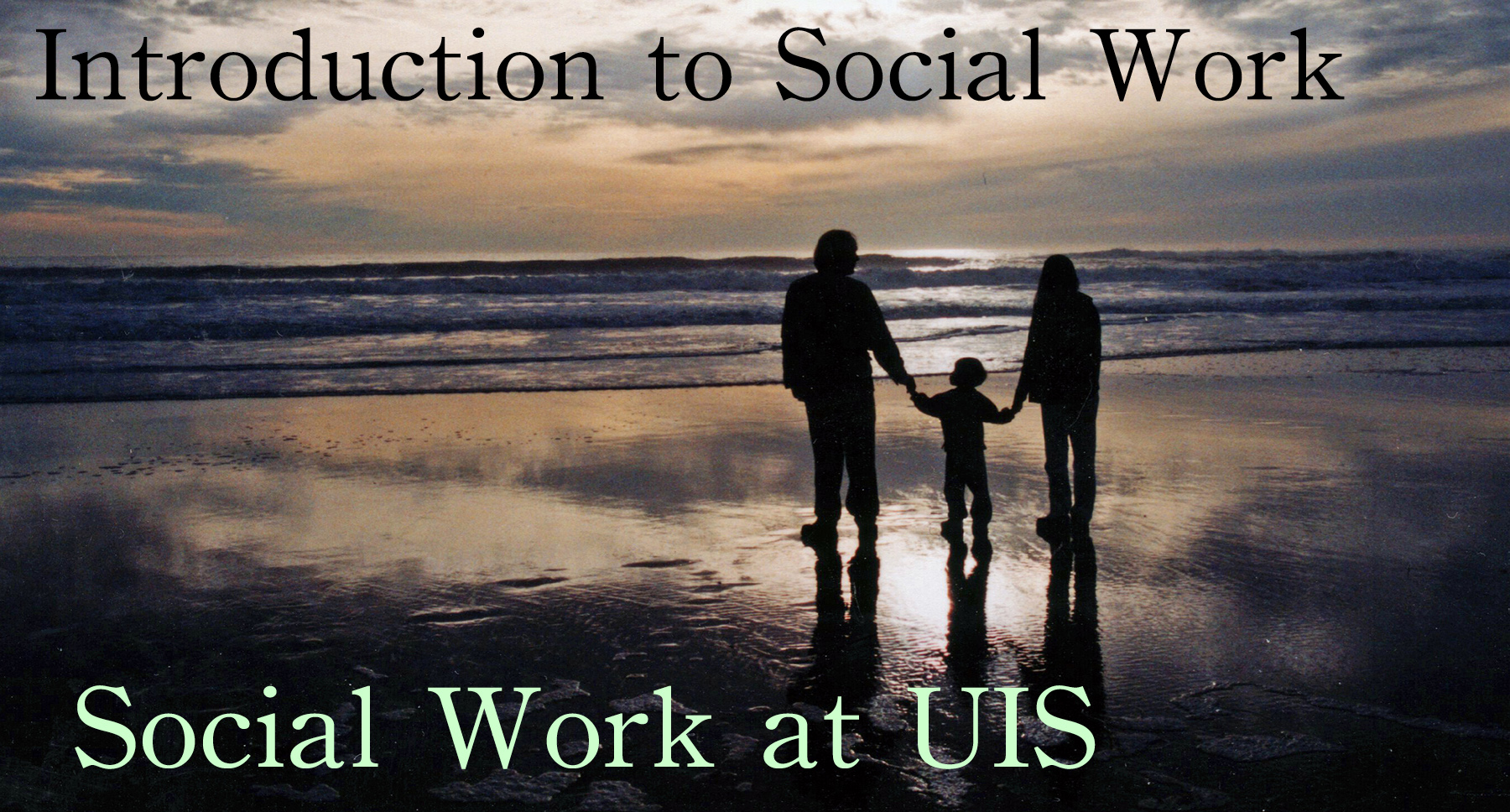Class session lasts from March 24 at 2:00 p.m. to March 31 at 1:59 p.m. The 10th session discussion board continues from the 24th of March through to April 7th.
This page describes what you should do in this tenth session.
2h 30m Time reading and posting in Canvas discussion board
1h Read Chapter 46 (The Daily Life of a National Association Executive”); chapter 49 (Family Advocacy in the Military; and chapter 53 (Providing Continuing Education to Social Workers) in Days in the Lives of Social Workers.
1h Do the Code of Ethics Activity.
3h 30m Reading pages 132 through 295 (chapters 25-56) in The Boy They Tried to Hide
30m Take the fifth test. It will be available to the end of the semester, but you could take it in this session.
What must you read this week?
Read pages 132 through 295 (chapters 25-56) in The Boy They Tried to Hide.
Read chapters 46, 49, & 53 (pages 323-328; 343-347; and 368-373) in Days in the Lives of Social Workers, 5th edition. These are chapters 44, 47, & 51 (pages 313-318, 333-338, 361-366) in Days in the Lives of Social Workers, 4th edition. The chapters are “The Daily Life of a National Association Executive” and “Family Advocacy in the Military” and “Providing Continuing Education to Social Workers”.
Activities
The fifth quiz is available in this session. It has two bonus points (the test is worth 14 points rather than 12 points) based on non-assigned optional videos I recommend but do not assign. Otherwise the questions are about Why Are They Angry With Us and Days in the Lives of Social Workers.
In this session I would like you to devote one hour of your time to an investigation to one of the core values of social work. You can choose from:
1) Social workers' primary goal is to help people in need and to address social problems.
2) Social workers challenge social injustice.
3) Social workers respect the inherent dignity and worth of the person.
4) Social workers recognize the central importance of human relationships.
5) Social workers behave in a trustworthy manner.
6) Social workers practice within their areas of competence and develop and enhance their professional expertise.
- Choose the ethical principle you want to study
- Answer the following four questions about the ethical principle you have chosen:
- What are the moral roots of this ethical principle? How far back does it go in the history of morality and ethics? For example, what are the concepts included in the ethical principle (e.g., “social justice” or “inherent dignity of the person” or “trustworthy behavior”). How far back do we we have records of people using those concepts or stressing their importance? What sort of persons or institutions have stressed the importance of those concepts in history?
- Who are some of the philosophers, theologians, ethicists, or leaders in the professions or politics who have emphasized this ethical principle? Can you find any inspiring quotations about the ethical principle or the concepts included in the principle?
- Typically, our ethical principles are applied within our ethical responsibilities (to clients; to colleagues; in practice settings; as professionals; to the social work profession; and to the broader society). Choose one of the six general categories of responsibilities social workers have, and explain how your ethical principle is applied in some of our responsibilities within that general category of responsibilities.
- How are some ways that in your own personal code of contact and your own private expression of your values that you live by this ethical principle?
- Reflect on the importance of ethics in your personal life and in your life as a professional.
This session is time for you to finish a second draft of your paper, based on feedback you have received from peers. Once you have revised and edited your paper, it is time for you to submit it, so your instructor can have a look at it. There are five aspects that get evaluated when your instructor assigns a grade (at the end of the semester) for your paper. As you look at your paper, remember that you will get a chance to revise and edit the paper after your instructor reviews it, but in the end, the grade you earn will be determined by how your paper is evaluated in these five categories
Here are the discussion questions. You should have time to answer a few of them, and also respond to some of your classmates. Remember to devote at least an hour to the discussion board participation, even if you attended the Zoom class meeting.
- Discussion Question 1:
Welcome to the tenth session of the course. Tell us how you are doing. How does it feel to be 2/3rds of the way finished with the semester? Have you seen anything interesting on television or streaming services recently? Had any good meals you could describe? Have your pets done anything funny recently? We want to know!
- Discussion Question 2:
Discussion Question 10-2: Shane Dunphy has practiced social work in child welfare settings, and he teaches in a social care department at Waterford College of Further Education. Please describe some of the strengths he brings to social work as demonstrated in his behaviors and thoughts shared in The Boy They Tried to Hide. In particular, what aspects of his thought, his character, and his behavior demonstrate "professional and ethical behavior"?
-
Discussion Question 3:
Discussion Question 10-3: the playlists available this semester have sometimes included music that made social criticism or offered political or philosophical opinions related to social welfare. Have you found any songs in the play-lists that seemed interesting to you? Are there any particular pieces of music or poetry or other forms of art that portray ideals or criticisms that have inspired you? Share a song from any of the playlists or any of the music you like (perhaps with a link to the music on YouTube or BandCamp or something like that) and tell us what you like about the song, or discuss any of the songs shared with you in the monthly play-lists that you found interesting or enjoyable, and describe what you find likable or curious about the song.
- Discussion Question 4:
DQ 10-4: forms of evil
In The Boy They Tried to Hide we have various examples of evil behavior or evil characters. R
Most obviously, Rex Gifford has a sadistic sexual paraphilia giving him a compulsion to seduce and befriend young women and then violently inflict pain on them after he has gained their trust and affection. He also seems to be giving a huge amount of time to harassing and stalking Shane Dunphy.
We also have the case of Timmy Fox. He seems to have been a picturesque ne'er-do-well who engaged in harmful activities, which seems to be a mild sort of evil, perhaps. Yet, a system of justice sent him to a prison for failing to pay his (massive number of) unpaid parking tickets and failing to obey a court summons, and that injustice could be considered an evil. And then finally, he dies in a prison system where inmates rape and torture and bully each other, and that prison itself, and the inhuman conditions into which it puts people, seems to be a form of evil.
But the case of Thomas, the "boy they tried to hide" is yet another example of evil. The treatment Winifred Tobin received from her society could possibly be described as evil, and also the way the society ignored Thomas and failed to investigate his well-being. Winifred's act of fornication was considered evil by the Irish society of the 1980s, but the ostracism she suffered, and the failure of the community to look into her needs and provide mental health care for her, or indeed any significant care for her son Thomas is clearly the greater evil of the story. The act of murder Winifred may have committed if she murdered her son Thomas was also a great evil, but whether Winifred was sane enough to understand what she was doing is impossible to know, and that matters in understanding whether she herself became evil.
And also, Devereaux shares a story about people being tortured and murdered, so that was one other evil thing, although it's sort of a background story mentioned in passing.
Looking over these cases of moral failure, evil, or transgressive behaviors, what is your sense of the role of "very bad things" (which I'm calling "evil" here) in the overall book? Is this book, at its root, a story of the conflict between good and evil? And, consider that this is a memoir rather than a work of fiction, so do you think perhaps this outlook of "good versus evil" could be a useful framework for analyzing social care and social work? If you tend to agree, then why is it that Shane Dunphy (and most modern authors) do not explicitly use the language of "good" and "evil" or present us with that sort of moral dualism?
-
Discussion Question 5:
DQ 10-5: We change how we present ourselves
Discussion Question 10-5: Tim Fox is the young man with some cognitive disability issues who died in prison, and Shane was trying to find out why or how he died. As this book is a memoir, there may be been a real "Tim" or he may be a composite of more than one persons Shane has encountered. That said, it appears that Tim led a double life. On one hand, he liked to drink a few pints, occasionally get high on marijuana, and when high on cocaine his friend thought he might kill someone. Some of his friends were afraid of him, and he seemed to enjoy getting in fights, and he seemed to have been a mean fighter. Yet, he was in some ways rather innocent and naive.
If you know people like this; people who sometimes commit violent crimes, or engage in nefarious activities, you may have noticed that they had other aspects of their personality and demeanor that "didn't fit" with their occasional transgressive deviance. In the case of a person with a mild developmental or cognitive disability it might be especially useful to "play up" their limitations and needs with people who care for them, and cover up those same deficits with exaggerated competence in other aspects of life (like being threatening, seductive, risk-taking, fun, nurturing, caring, friendly, and so forth—any aspect of behavior or personality that doesn't require much strength in the areas of deficits).
What is your understanding of Tim Fox in The Boy They Tried to Hide? Does he come across to you as a sort of hoodlum or thug who played at being a confused and lost boy, or does he seem more of a wounded and weakened young person who played at being a dangerous tough-guy. Or, do you think both of those aspects of him were possibly equally significant in who he authentically was. As you contemplate Tim, consider his mom's behavior in chapter 21 and Tim's interactions with Brian ("Ballsack") and Bob Sills and Wheeler Bowers.
-
Discussion Question 6:
DQ 10-5: NASW and what it does for us
In Days in the Lives of Social Workers Elizabeth (Betsy) Clark describes a day in her life as the Executive Director of NASW. She commutes to work from 8:00 to 9:00 or 9:30, reading e-mails sent to her by one of her three assistants during the commute, and she does not finish her work until almost 9:45 that night (she had a dinner to attend). She says she usually gets home by 8:00pm, and getting home at 11:00 is sort of late. Her day sounds hectic to me. Actually, most social workers do have fairly hectic schedules, do they not? But being the executive director of NASW, I suppose Dr. Clark just had to live that way. Sadly, Dr. Clark passed away on May 23rd of 2020 (cancer, not COVID).
For this discussion question, let’s consider what NASW does for us. They are responsible for our code of ethics, and they organize hearing on code-of-ethics violations. They have a think tank (the Social Work Policy Institute), and a Political Action Committee (PACE). They have an insurance company, a Legal Defense Fund, and various other entities. For example, they have the Center for Workforce Studies, and The Social Workers Across Nations Initiative. They meet with government people to discuss bills that will help (or harm) social workers and our profession. There are 56 chapters (there is 1 chapter in Illinois), and about 40 sister social work organizations (Betsy met with a leader of one of those, the North American Association of Christians in Social Work during the day she described). Local chapters sponsor conferences and events, and of course there are newsletters and blogs. As of 2020, the student membership in NASW costs $60, and once you are a professional and out of school, you would pay on a sliding scale between $150-$225 to maintain your membership in NASW.
Would you like to organize a student NASW club for social work students in our region (we are in the West Central region, including Sangamon, Christian, Logan, Menard, Mason, Tazewell, Peoria, Adams, and McDonough counties, along with several others)? Or, would you like to get involved in chapter and region activities of NASW? Why or why not? Do you think you will join NASW as a student? As a professional? In what ways do you think your membership in NASW would be “worth it” to you? What are the risks of it not being worthwhile? Let us discuss NASW.
-
Discussion Question 7:
DQ 10-7: Working with the military.
Some social workers serve in the armed forces. With an MSW you could enlist as a commissioned officer. There are many ways to support American warriors and veterans in your social work career. In the Days in the Lives of Social Workers you read about Carol Hendler, who works in the Civil Service (a government job, but not within the military) in a Family Advocacy Program. She described some private agencies or social workers who also delivered services through contracts with the military.
Perhaps you come from a family with members who have served in the armed forces, or you are intrigued by the idea of working with veterans or persons who serve in the military. There are some unique issues when working with the military. For one thing, the military is full of persons who are between the ages of 18 and 28, so you have all the problems associated with early adulthood, but highly concentrated on and around military bases. There are issues you might associate with toxic masculinity as well, just as there are in civilian life. There are also issues that may cause some special ethical issues, since social workers generally have a duty to protect the confidentiality of what they learn from clients, but this sometimes cannot be done in military situations, as described by Carol Hendler.
What are some of your opinions about social work in the military? Is that something you would consider? What attracts you or repels you from the idea of working in a career focused on professional practice with members of the armed forces and their families? What are some of the unique challenges you think a social worker might face in military social work?
-
Discussion Question 8:
DQ 10-8: There are three optional videos to watch this week; one is a talk by Robert Lupton about toxic charity; another is a talk by Dan Pallotta about social innovation and social entrepreneurship (how we are dead wrong about charity), and one features Vicki Verge facilitating a discussion of ethics in social work. If you watch any of those, please comment or raise questions about them in this discussion question.





















